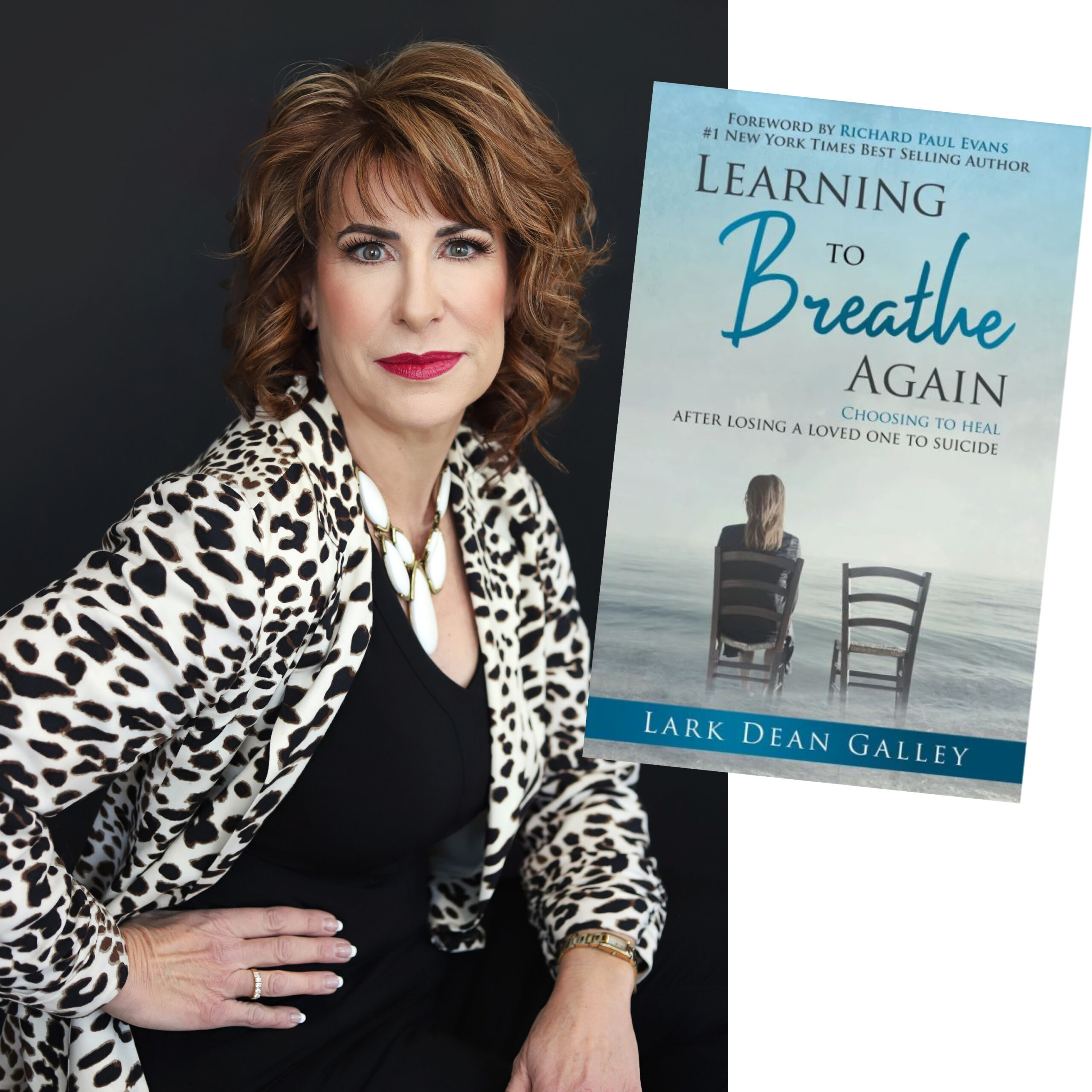As a psychologist, I talk to people who are struggling with different things. One of the saddest things I have had to deal with is the aftermath of someone dying due to suicide. Last week this hit close to home with people I know and recently a YouTube Comment made me think that it might be time we address this important issue again.
The viewer said her family was doing their best to have a Merry Christmas and continue on after the death of her father-in-law due to suicide. She said it was a surprise and she always thought of her father-in-law as a happy person.
The aftermath of suicide leaves us with so many feelings, sadness, anger, and failure are among some of them. I told my viewer that I was glad her family was looking to the future and trying to have a Merry Christmas.
Whether she knew it or not, she was already doing things to protect her remaining family from suicide.
I want everyone to know that there are things we can do to hopefully reduce the number of deaths to suicide.
The World Health Organization reports that 800,000 people every year die from suicide and there are many more who make a suicide attempt or have suicidal thoughts.
The biggest predictive factor of someone dying from suicide is that they have had a previous attempt.
Suicide is also the third leading cause of death for 15 to 19 year-olds.
The biggest feeling that leads people to consider suicide is hopelessness. Watch out for that. Listen and hear when someone says they feel hopeless. When we hear that feeling expressed, we need to STOP, focus, put everything else aside and listen carefully.
This leads to the first thing we can do within our families to combat suicide.
- Cultivate a culture of hope in our families and communities. This is best done through positivity. At the end of this email there is information about Live On Purpose Central where you learn what positivity really is and how powerful it is.
- Communication is also a preventative action that can help to reduce the chance of suicide. Send a strong message that you are someone your family members can come talk to.
- Have the courage to have hard conversations and be willing to initiate those conversations. This is especially true if someone you know has experienced a loss and struggles with feelings of hopelessness, be willing to talk with them.
You might be hesitant to ask the straightforward question, “Have you been thinking about ending your own life?” We need to get over our hesitation and think of how we will feel if we don’t ask the question and they do end their life.
Don’t change the question to, “Have you been thinking about hurting yourself?” That is not what they are thinking about. They want the pain to stop and this is a way for that to happen.
- Remove the means to commit suicide. If someone close to you has suicidal ideations and they own a gun, insist that the guns be moved to somewhere the person does not have access to until they can clear their mind. Remove medications and prescriptions that can end their life.
This is especially effective for those impulse suicides where something is lost and the feelings of hopelessness suddenly overwhelm.
It saddens me to have to talk about this topic, but I am willing to take on the hard topics, those that hit close to home for you and me and hopefully we can work together to shrink the number of those exiting life too soon.
Dr. Paul
Learn why I don't say someone committed suicide on this YouTube Video.
I recently had a conversation on my podcast with Lark Dean Galley who knows all too well about suicide. Her father committed suicide and then not too long after, her son also. She is one of the contributors to content I am building in Live On Purpose Central to combat suicide.
For our conversation on the podcast, listen here.
